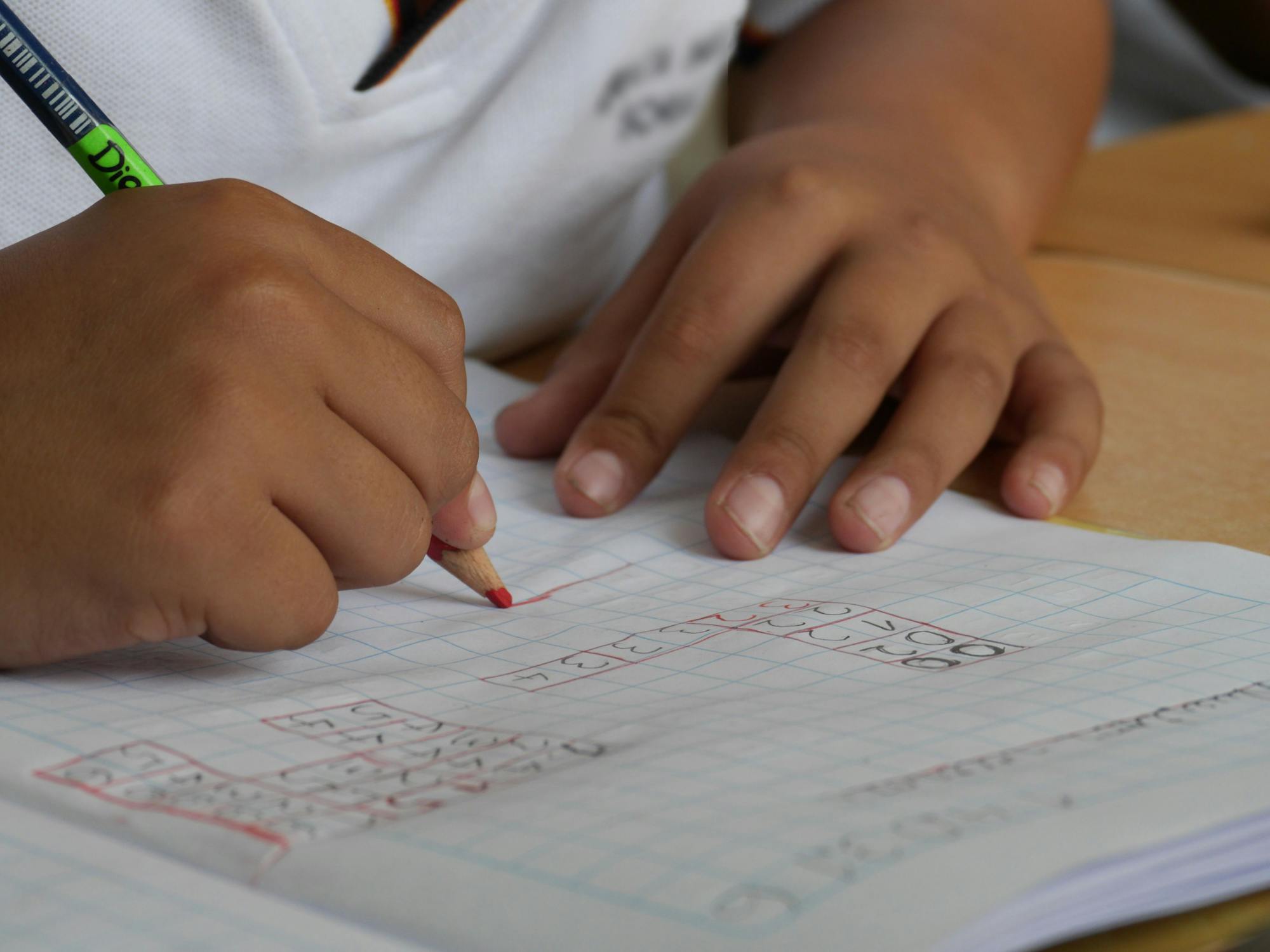5 most controversial presidential elections in Nigeria's history
Since Nigeria began its political journey to nationhood post-independence in 1960, no fewer than 10 presidential elections have been held with each of them resulting in one controversy or another mostly over the issue of credibility.
This trend of rancorous electoral outcomes can be said to have its roots firmly in the nation's first real exposure to electoral contests in 1964. After achieving the status of a republic a year before, Parliamentary elections were held on December 30.
The process was marred by violence and manipulation, allegedly orchestrated by the Northern Peoples Congress (NPC) controlled by the federal government, which supervised the election.
The election's aftermath saw a series of riots in the Western region and birthed the infamous Wild-Wild West situation, leading to the declaration of a state of emergency.
Historians and analysts have argued that the scenario of that period and the political atmosphere created a justification for the military officers who planned and executed the first military coup of January 1966 and its counter-coup of July 1966, which later plunged the nation into a civil war.
The military held sway for 13 years until General Olusegun Obasanjo fulfilled his commitment to restore democracy and conducted the first presidential election, ushering in Nigeria's Second Republic in 1979.
This background provides the necessary historical context on the nature of electoral contests in Nigeria. Over the years, other presidential elections have turned out similarly or in some cases even more controversial.
Below are five of the most controversial presidential elections in the history of Nigeria;
The two-thirds controversy in 1979
The maiden presidential election in the country, held on August 11, 1979, produced a dramatic spectacle caused by a Constitutional provision.
The contest was between Chief Obafemi Awolowo of the Unity Party of Nigeria (UPN), Nnamdi Azikiwe of the Nigerian Peoples Party (NPP) and Shehu Shagari, whose National Party of Nigeria (NPN) had won the parliamentary elections a month before.
Shagari was declared the winner, having recorded 5,688,857 (33.77%) votes against his closest challenger, Awolowo who polled 4,916,551 (29.18) votes.
However, Awolowo challenged the outcome at the Supreme Court, contesting that Shagari had failed to fulfil the constitutional requirements to be declared winner.
Under the 1979 constitution, a candidate needed to receive the most votes nationwide and at least 25% of the vote in two-thirds of the states to be elected at the first ballot.
At the time of the election, Nigeria had 19 states, two-thirds of which, in exact figures, is 12.66. The practical improbability of this scenario created a conundrum that tainted the integrity of the election.
The dispute arose after Shagari had received the necessary threshold by winning 25% in 12 states and 20% in Kano State, which he claimed was two-thirds of the required 25% threshold and represented the remaining 0.66 in the constitutional threshold.
However, Awolowo argued that the threshold should be rounded up to thirteen states, which Shagari had not met. Still, the Supreme Court ruled in favour of the latter, who became Nigeria's first elected president.
The annulled June 12 election
On June 12, 1993, the presidential election was held in Nigeria, the first since the 1983 military coup brought the country's Second Republic to an abrupt end.
Regarded as the freest and fairest election in Nigeria's history to date, the contest was a two-horse race between late Moshood Kashimawo Olawale (MKO) Abiola, who ran under the Social Democratic Party (SDP) and Bashir Tofa of the National Republican Convention (NRC).
The election was finally held after several postponements that stretched over four years by the Ibrahim Babangida-led military government, which had come under intense public pressure to leave the scene for the installation of civilian rule.
Two days before the poll, an organisation with ties to the military, Association for a Better Nigeria (ABN), led by Chief Arthur Nzeribe, secured a high court injunction against the election over alleged corruption. The move set the tone for the dramatic turn of events later.
The chairman of the National Electoral Commission (NEC), Humphrey Nwosu, dismissed the injunction on the argument that the high court lacks authority on election-related matters and proceeded to conduct the election.
The NEC began announcing the first batch of results on June 14, when Abiola won 19 out of 30 states and the Federal Capital Territory (FCT). Of the 6.6 million votes that had been announced, MKO had received 4.3 million and Tofa 2.3 million.
However, the process was thwarted after the ABN obtained another court injunction on June 15 to halt the counting and verification, which the NEC fully complied with the following day.
On June 24, 1993, Babangida made the infamous announcement, declaring the election annulment over claims that the process was fraught with vote buying and the need to protect the country's judiciary.
What followed was a series of violent protests and political unrest, particularly in the South-West where it was estimated that security forces killed over 100 people while quelling the civil unrest.
With pressure mounting on Babangida to stick to the handover date, he threw in the towel on August 26, paving the way for an interim government led by Ernest Shonekan, whose interim government was toppled in a palace coup by General Sani Abacha.
Abiola's continued fight for his mandate got him into trouble with the Abacha government which arrested and charged him for treason after declaring himself the president and commander-in-chief. The two gladiators died one month apart in 1998.
The sham called the 2007 election
There is no more abysmal election in Nigeria than that conducted by then-INEC chairman Prof Maurice Iwu in 2007, under Obasanjo.
The election was billed to be another milestone for Obasanjo, who was positioned to make history as the first democratically elected president to hand over to another, having taken over from the military in 1999 and installing civil rule 20 years before.
However, the process was widely described as a sham by local and international observers, including civil society organisations, journalists and missions. It was so bad even the beneficiary of the process, the late Umaru Yar'Adua, conceded that his emergence was questionable.
Yar'Adua was Obasanjo's anointed candidate for the People's Democratic Party (PDP), while the opposition All Nigeria Peoples Party (ANPP) featured Muhammadu Buhari, and incumbent Vice President, Atiku Abubakar, was the bannerman for the Action Congress (AC) after several failed attempts by INEC to prevent his participation.
Atiku, whose relationship with his principal had completely broken down after refusing to support his third-term agenda, was a recurring factor in the pre-election soap opera.
After a series of court cases to invalidate his disqualification from the exercise by INEC, Atiku was favoured by the Supreme Court, which confirmed his eligibility, prompting a last-minute change by INEC to add him to the list.
Disclaimer: The information contained in this content is for general purpose only and is generated from different sources other than MenBills Colony. Kindly report any fake news or false statement to support@menbills.com.ng









Paramount72
on Husbands of female ministers suffer loneliness – Mike Bamiloye
29-11-2024 06:04:28pm
Samuel4
on ‘My wife was pregnant for another man inside marriage’
27-09-2024 04:43:01am
Ishiro
on ‘My wife was pregnant for another man inside marriage’
23-06-2024 11:38:24am
Ishiro
on ‘My wife was pregnant for another man inside marriage’
23-06-2024 11:38:14am
Oladunni
on ‘My wife was pregnant for another man inside marriage’
22-06-2024 04:19:58pm
Candy100
on Man who made allegations against E-Money and late Junior Pope’s wife publicly apologizes
22-06-2024 08:02:49am
Candy100
on BREAKING: Kano Govt Makes Fresh Announcement Over Emir Sanusi Amid Tussle In Kano
21-06-2024 08:15:39pm
Candy100
on 2027: Obi gives condition for merger with PDP
21-06-2024 08:10:14pm
Candy100
on Hajj: Last set of FCT pilgrims to report at camp today
21-06-2024 08:09:27pm
Shakeerah
on BREAKING: Kano Govt Makes Fresh Announcement Over Emir Sanusi Amid Tussle In Kano
21-06-2024 08:40:05am